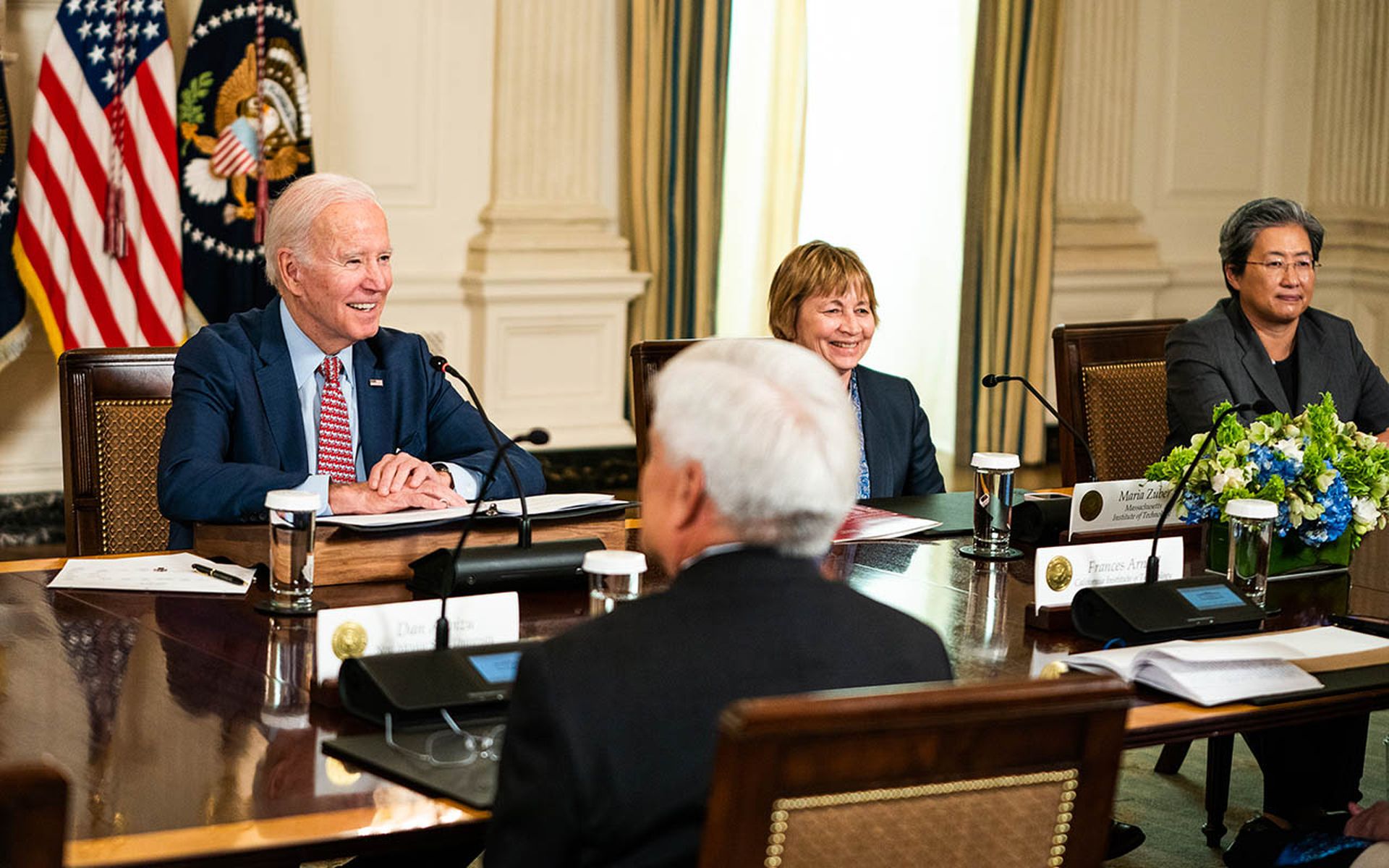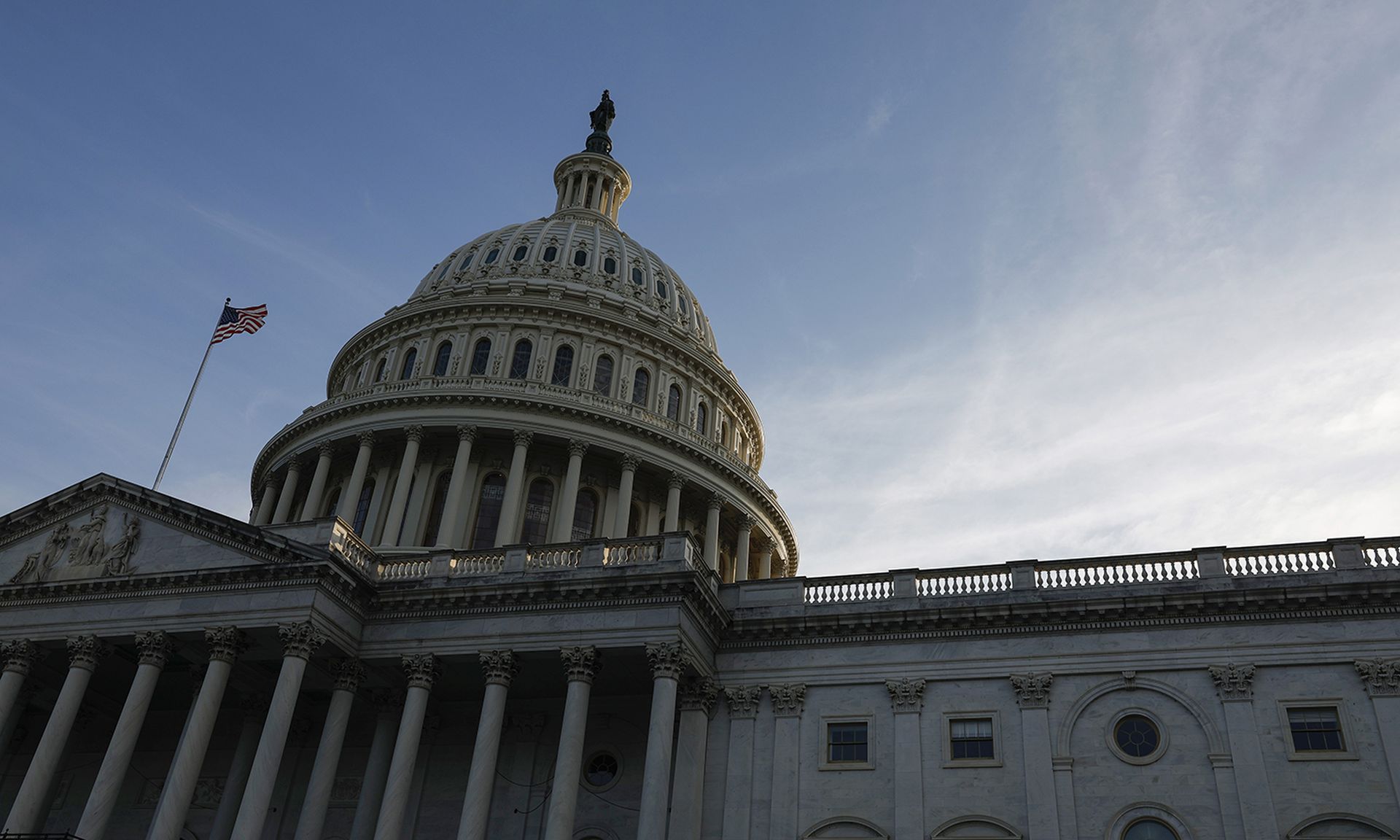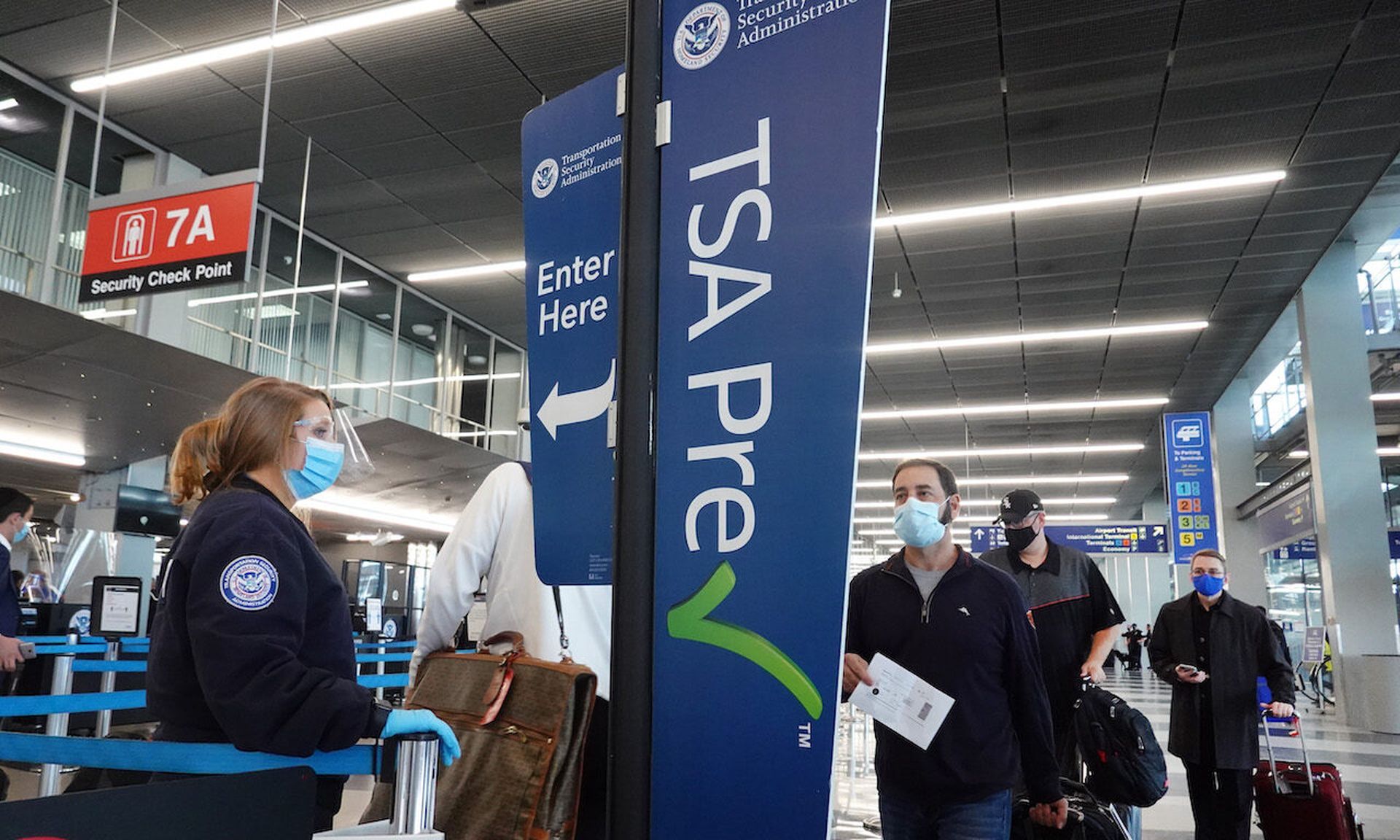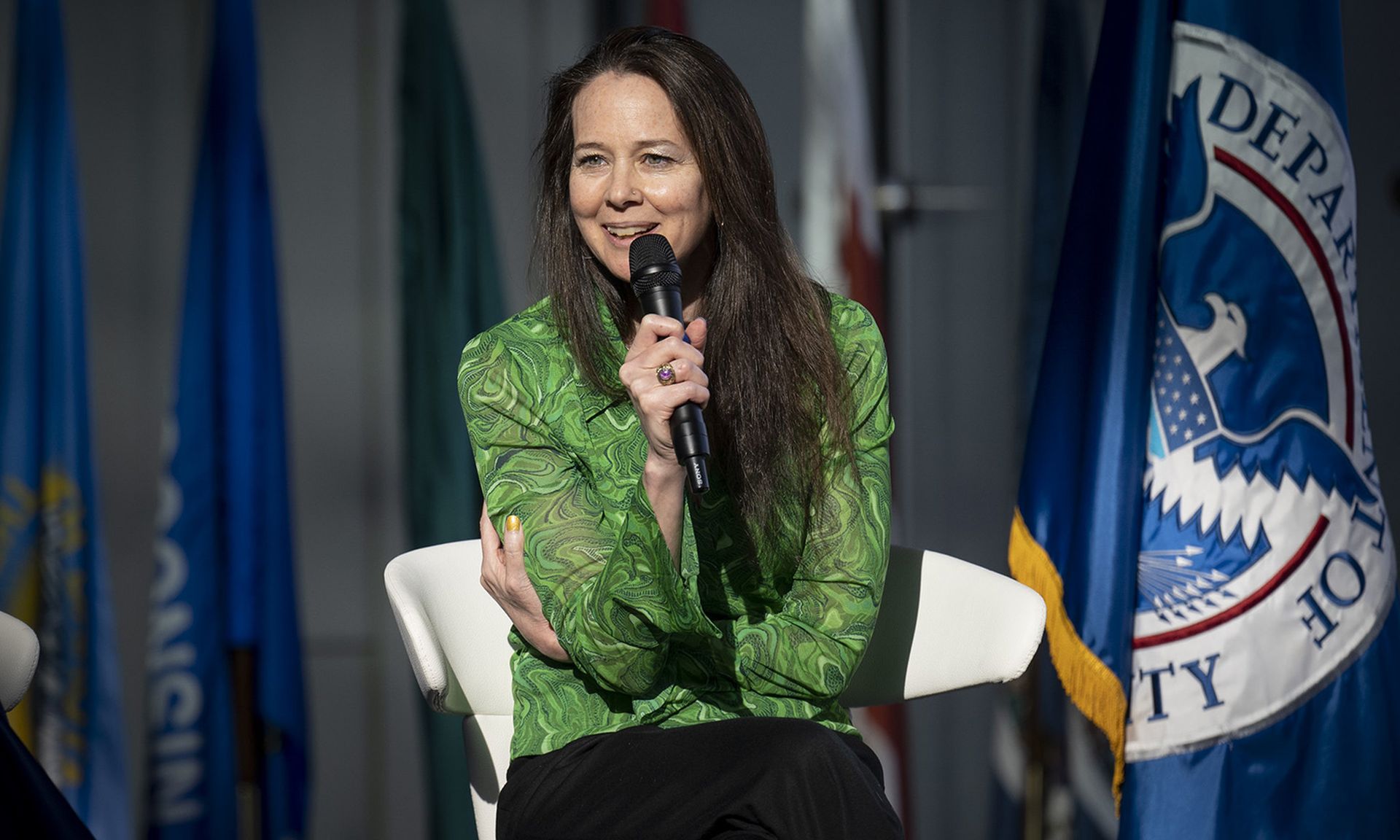As rapid advances in artificial intelligence stir debate on its ethical application and commercialization, President Joe Biden weighed in on whether AI is dangerous, commenting: "It remains to be seen. It could be."
Biden said AI needs built-in protections to ensure the rights and privacy of Americans. The comments were made April 4 in a meeting with the President’s Council of Advisors on Science and Technology.
"AI can help deal with some very difficult challenges like disease and climate change, but we also have to address the potential risks to our society, to our economy, to our national security," he said.
Tech companies have a responsibility, Biden said, "to make sure their products are safe before making them public.”
Spotlight on AI ethics
More than 1,000 technology thought leaders, such as Elon Musk and Steve Wozniak, signed a petition last week calling on a six-month moratorium on training AI systems more powerful than OpenAI’s GPT-4.
Dan Shiebler, head of machine learning at Abnormal Security, said Biden's comments, while well intended, may not achieve much. "The cat is out of the bag on these large language models. … We need to prepare businesses to use these models safely and securely, not try to stop the clock on their development.”
Other experts have publicly stated that government regulations and industry safety standards, such as International Organization for Standardizations, will trail in development and implementation as the private-sector races to advance AI technology and find new applications for it.
Biden said the absence of industry or government guardrails for social media has had an unforeseen impact on mental health and self-image issues.
Social media has also been used to spread political misinformation as an example of the potential harm powerful technologies can have as they are rapidly adopted by business and consumers.
Biden calls for bipartisan privacy legislation
Biden reiterated calls for Congress to pass bipartisan privacy legislation that imposes strict limits on personal data that tech companies can collect, and require companies to put health and safety controls into the products they make.
"Last October, we proposed a bill of rights — a bill of rights to ensure the important protections are built into the AI systems from the start, not have to go back to do it," Biden said. He added that appropriate guardrails are needed "to protect America’s rights and safety, and protecting their privacy, and to address the bias and disinformation that is possible as well."
Despite safety and privacy concerns, Microsoft introduced Security Copilot at its Microsoft Secure event on March 28. The AI-driven security product incorporates OpenAI’s GPT-4 generative AI with the software giant’s end-to-end security products, as well as its 65 trillion threat signals Microsoft receives daily.




